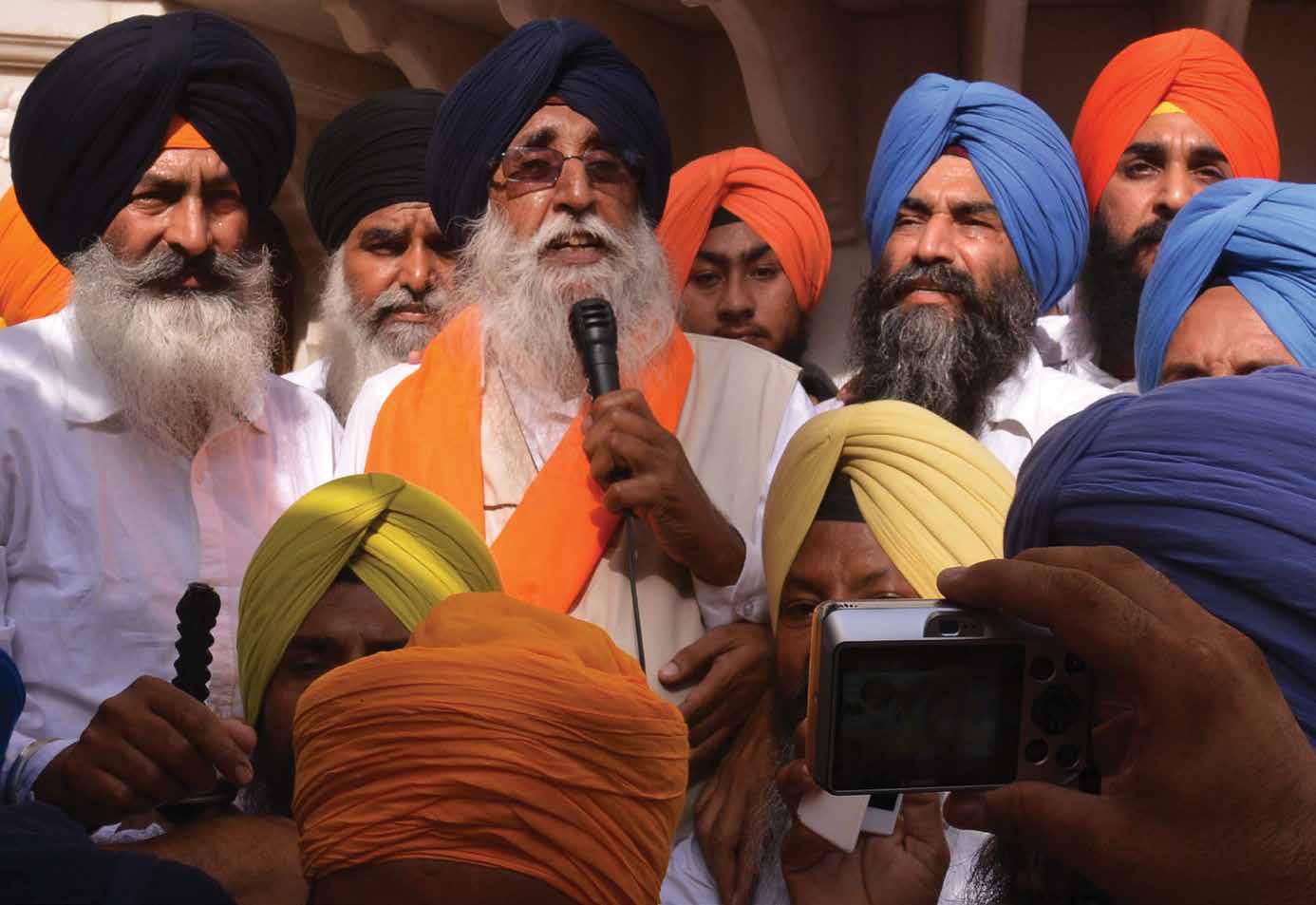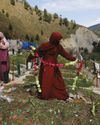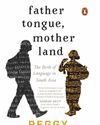Versuchen GOLD - Frei
Losing the Way
The Caravan
|July 2022
The Akali Dal no longer exists, and it may be necessary to reinvent it

Simranjit Singh Mann’s astounding victory over the Aam Aadmi Party candidate in the Sangrur Parliamentary bypoll, coming on the heel of the AAP’s victory in the state election months ago, is representative of the turmoil underway in Punjab. The virtual disappearance of the mainstream Akali Dal has opened up a huge space in the politics of the Sikh majority in the state and Mann, a maverick radical Sikh politician who has always been on the extreme right of the spectrum of splinter Akali groups, marks only the beginning of a period in which various new alternatives will emerge to fill this vacuum.
Based in Punjab as a reporter, over twenty years ago, I found that, while reporting on elections in rural areas, it paid to take the litany of complaints voters had against the local Akali candidate with a pinch of salt. This was especially true of the Jutt Sikhs, who owned much of the land and provided much of the resources—from money and muscle to madira—that make for a successful campaign in Punjab. After the vote, the most vocal critics of the candidate would tell me, “Vote te panth nu paya”—I have voted for my religious sect, meaning Sikhism, hence the Akali Dal.
Today, in Punjab the easy identification of the panth with a party no longer exists, even as the Bharatiya Janata Party—representing the fledgling Hindutva panth—rules the country.
Diese Geschichte stammt aus der July 2022-Ausgabe von The Caravan.
Abonnieren Sie Magzter GOLD, um auf Tausende kuratierter Premium-Geschichten und über 9.000 Zeitschriften und Zeitungen zuzugreifen.
Sie sind bereits Abonnent? Anmelden
WEITERE GESCHICHTEN VON The Caravan

The Caravan
RESISTING PERSECUTION
Muslim prisoners' writings in contemporary India
23 mins
June 2025

The Caravan
THE DOMESTIC PROFITS OF WAR
The India-Pakistan conflict is sustaining the political projects of their leaders
18 mins
June 2025

The Caravan
THE AFTERMATH
Custodial killings, detentions and demolitions haunt a mourning Kashmir
20 mins
June 2025

The Caravan
DY Patil Deemed to be University, Navi Mumbai: A Legacy of Excellence in Education, Healthcare, Technology and Sports
In the heart of Navi Mumbai, DY Patil Deemed to be University stands as a beacon of educational excellence and innovation. Under the dynamic leadership of Chancellor and President Dr. Vijay D. Patil, the university has transformed challenges into opportunities, embodying a deep commitment to shaping a better future through education, healthcare, technology, and sports.
4 mins
June 2025

The Caravan
KARNATAKA RESIDENTIAL EDUCATIONAL INSTITUTIONS SOCIETY-KREIS
\"Building Brighter Tomorrows through Quality Education\"
11 mins
June 2025

The Caravan
FAULT LINES
The pre-Sanskritic roots of Indian languages
6 mins
June 2025

The Caravan
Vermillion Lines
Operation Sindoor and the delusion of deterrence
29 mins
June 2025

The Caravan
THE LEDE
Pedalling Promises Delhi's struggles with cycling /Communities
8 mins
June 2025

The Caravan
SEPARATED LIVES
Kenya's invisibilised waste pickers
4 mins
June 2025

The Caravan
The Nuclear Garden Path
The logic of nuclear deterrence and its false assurances of safety
14 mins
June 2025
